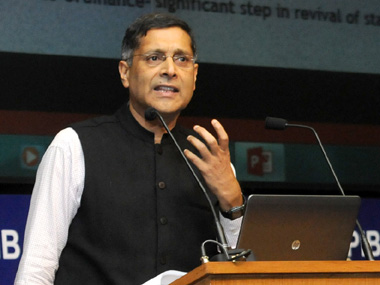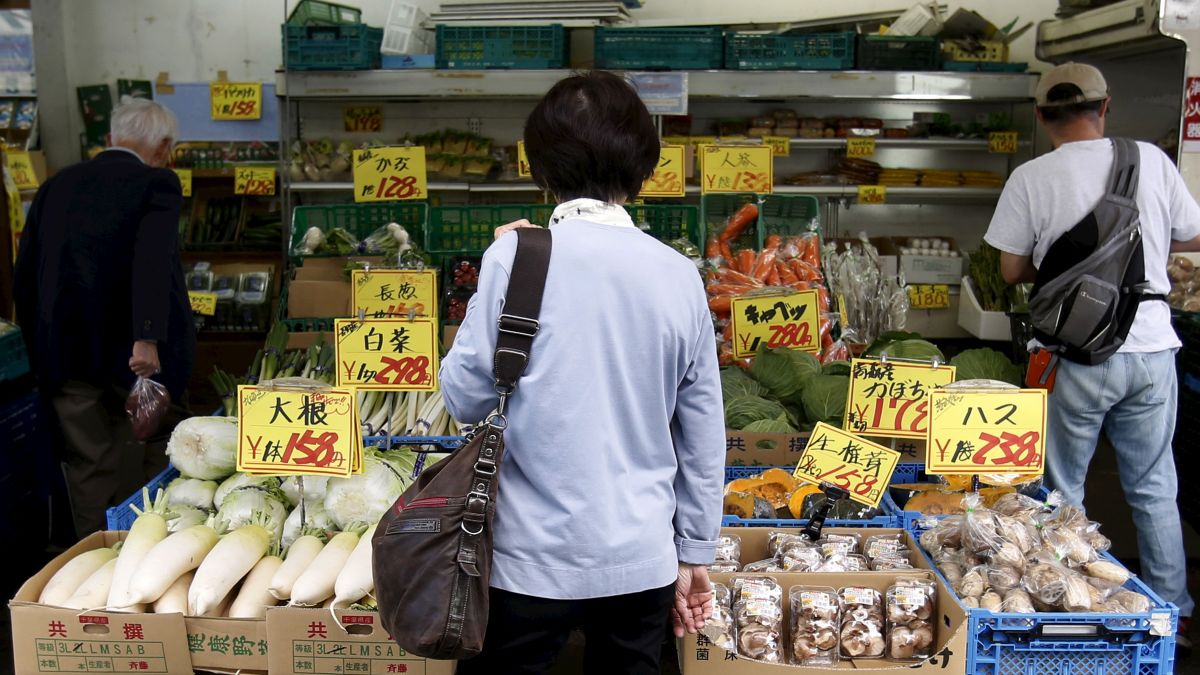The Economic Survey 2016-17 tabled by chief economic adviser Arvind Subramanian on Tuesday expects economic growth to moderate to 6.5 percent in the current fiscal year ending March 2017, down from 7.6 pecent reported in the previousl fiscal.
The Economic Survey, however, sees India’s GDP rebounding sharply in the range of 6.75-7.5 percent during the fiscal year ending March 2018.
Painting a rosy picture on the agriculture sector, the survey sees farm sector to grow at a healthy rate of 4.1 percent in the current fiscal as against 1.2 percent growth achieved in 2015-16.
Although, the much-awaited Goods and Services tax is expected to go on stream by September 2017, but fiscal gains from this indirect tax regime will take time to realise, the Survey says.
The Survey lists some of the challenges that might impede India’s progress. These include ambivalence about property rights and the private sector, deficiencies in state capacity, especially in delivering essential services and inefficient redistribution.
The Survey highlights difficulties in privatising public enterprises, even for firms where economists have made strong arguments that they should be in the private sector.
In this context, it pointed towards the need to further privatise civil aviation, banking and fertiliser sectors.
The Survey stated that the capacity of the state in delivering essential services such as health and education is weak due to low capacity, with high levels of corruption, clientelism, rules and red tape.
At the level of states, competitive populism is more in evidence than competitive service delivery, it added.
Constraints to policy making due to strict adherence to rules and abundant caution in bureaucratic decision-making favours status quo, it cautioned.
According to the Survey, redistribution by the government is far from efficient in targeting the poor. This is intrinsic to current programmes because spending is likely to be greatest in states with better institutions and which will therefore have fewer poor.
It noted that over the past two years, the government has made considerable progress towards reducing subsidies, especially related to petroleum products. Technology has been the main instrument for addressing the leakage problem and the pilots for direct benefit transfer in fertiliser represent a very important new direction in this regard, it said.
Noting that India has come a long way in terms of economic performance and reforms, the survey said there is still a journey ahead to achieve dynamism and social justice and completing this journey will require broader societal shifts in the underlying vision.
With PTI inputs
)
)
)
)
)